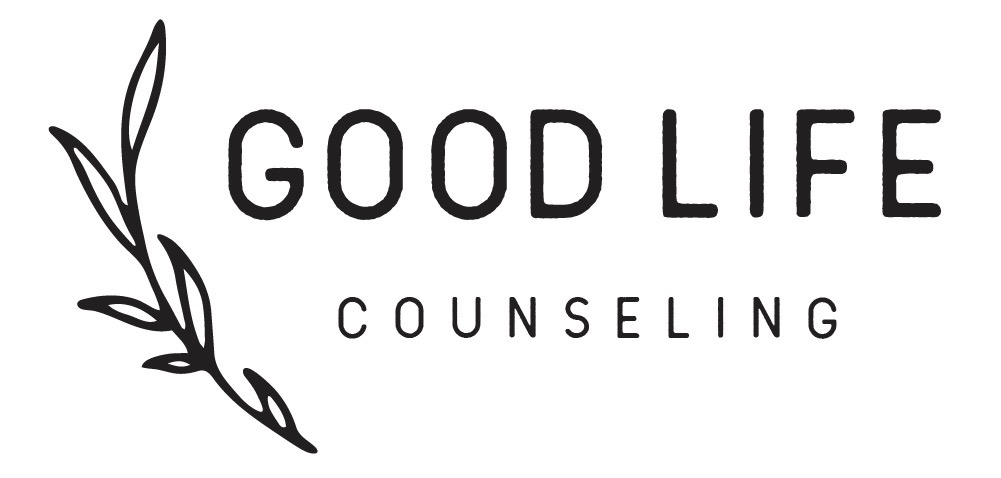On becoming a parent and growing a self.
Often, I hear new moms and dads tell me that they didn’t know how much their value was dependent on what others thought of them until their first child was born. NO idea.
First of all, having a baby is HARD. It’s a huge transition, and I don’t know a single person that has said it’s been an easy one. Its easy to feel insecure because you’ve never had to keep a little person alive before, everything is brand new, and often people can struggle with an identity crisis since they may no longer be working, having their routine, being social, etc.
There are lots of things that new parents learn about themselves throughout the course of raising a child.... but for now, I just want to focus on one BIG one:
They often find out just how dependent they are on others positive opinions of them to make them feel okay about themselves. Some get to see this early on in their child’s life, and others don’t see it until later.
Here’s a quick lesson from the counseling room to give you an idea of where I’m going with this. If your eyes get crossed while reading this, just stick with me. It will (hopefully) end up making sense. In Bowen Family Systems therapy, a model that I have studied for several years now, the goal of therapy is to become more “differentiated”.
Differentiation is defined as:
1.) the ability to distinguish between oneself and another.
2.) the ability to distinguish between actions led by emotional thinking v. rational thinking.
The opposite of differentiation is appropriately called “fusion”. Fusion from a relational stance means that lines between ourselves and others get very blurred, and we have a hard time figuring out what is our responsibility and what is the responsibility of others. Another aspect of this blurring of boundaries is when we believe that our identity is also somehow interlaced with another’s. This is called a “reflective sense of self”- that we are a reflection of others around us, as well as only as good as others view us to be. We rely on others thoughts about us to tell us how valuable we are, which is OBVIOUSLY fleeting, and ebbs and flows like the tide. Being FUSED means that we also see our friends, family, and children as an extension of our own identity. If someone we are fused with makes poor decisions, we may feel embarrassed or ashamed OURSELVES, believing that THEIR mistakes say something about US. This can also go the other way- we can depend on the reputation or success of our spouses and children to provide us with a sense of value and pride, rather than garnering our own.
Everyone experiences this fusion with others to some degree. If you are breathing, you will know in some capacity what this feels like. Fusion happens because we rely on external things to give us value and a sense of identity. Fusion isn’t “bad”- it’s a pretty normal thing that we do. But it can lead to some serious relational difficulties.
It’s having a child that can bring us face to face with our own fusion in an INTENSE way.
As parents, we find ourselves panicking because the baby won’t stop crying in public, or throwing tantrums on the floor in the middle of the store. We get embarrassed when our children aren’t being “sweet” when another adult tries to hold them or say hello, and so we feel like we need to justify how they are behaving to others because we don’t want people to judge them harshly. We wonder if our kids will end up being the kind of people we want them to be. Will they be smart enough? Kind enough? Socially-aware enough? Pretty enough? Athletic enough? We want others to like our children, naturally—and it we get real honest, this is because it can feel like our children are a reflection of us, and we want others to like US. This is fusion. This is NORMAL.
It’s also something we must become aware of, that lives inside of us, if we are to make healthier parenting decisions. Fusion is the process of making two things into ONE thing. But they must remain separate, i.e. different.
So here’s the thing- Differentiation is about being SEPARATE, yet CONNECTED to others, and our children are not an exception to this (though the parent/child dynamic is the hardest relationship to figure it out with).
In this way, we learn to recognize that “I am my own person”. My partner is his own person. My child is their own little person who will make their own decisions, mistakes, and has their own unique journey to take- and while we hold the role of training our children for a short while, they are not ours to keep. Our children are not an extension of ourselves, and their failures and successes are not ours to claim. We do get the privilege of walking with them and showing them through our words and actions what it means to be a loving, strong, gracious human-being.
Separate. Yet connected.
Differentiation allows us to pick our battles- and sometimes just let our children dress themselves, without worrying about if others care that they wear pajamas in public.
Grace and Peace,
Sarah
